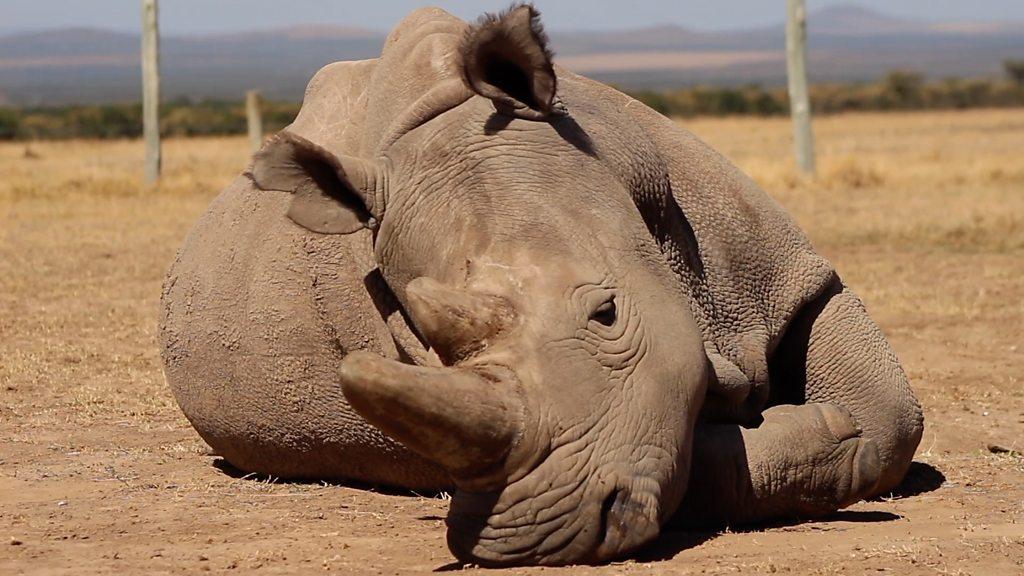

Kenya plans to use assisted reproduction techniques to save the northern white rhino.
The white rhino is a species that has only two females remaining worldwide - Najin and Fatu - and is feared to be on the brink of extinction.
In a notice on Tuesday, the Kenya Wildlife Service said it will carry out a BioRescue consortium to develop and apply highly advanced novel technologies of assisted reproduction techniques.
“It will involve developing embryos in a laboratory and using so-called stem-cell-associated techniques with ancient material to help reproduce the rare mammals,” KWS said.
KWS said that if deliberate action is not undertaken to facilitate the recovery efforts, the species will become extinct in the very near future.
The surviving females are aged 34 and 24 years with the average life expectancy of rhinos in the wild estimated to be 35 - 40 years.
“We are seeking comments from the public on the scientific procedures being undertaken by the BioRescue consortium to save the northern white rhino from extinction,” KWS said.
"We kindly request that you submit your comments to KWS ([email protected]) and WRTI ([email protected]) by December 31, 2024."
Last month, President William Ruto gave an undertaking to ensure the world’s last two remaining northern white rhinos in Kenya are protected from extinction.
Ruto said the government would partner with the management of Ol Pejeta Conservancy in ensuring the genetics of the two endangered species are not lost.
According to Ruto, the two rhinos—Najin and Fatu—are a pride to the nation hence the need to fully protect them. “The government of Kenya is going to work with you to ensure we don’t lose the genetics of these rhinos,” he said.
“Whatever is required of you and us and others to preserve these species, the government will play its role,” he said.
Ol Pejeta’s chief commercial officer Ken Kimani said they expect a calf in the next two to three years through the In Vitro Fertilisation (IVF) process.
While Najin is getting old, Fatu has a problem with the hind leg. Rhinos are expected to live for about 40 years.
Kimani said they are working with scientists from the BioRescue group and other partners in this delicate process.
There are about 30 northern white embryos stored in laboratories outside the country. Ruto also hailed the management for its role in environmental conservation and the growth of tourism.













